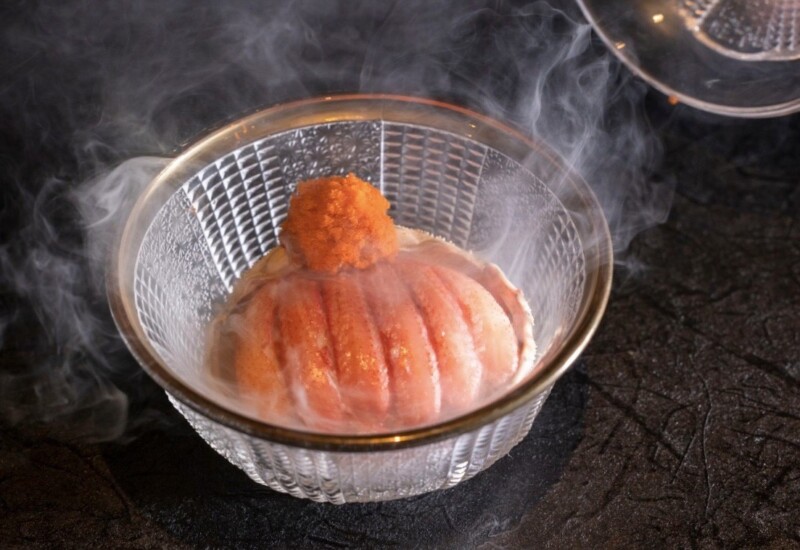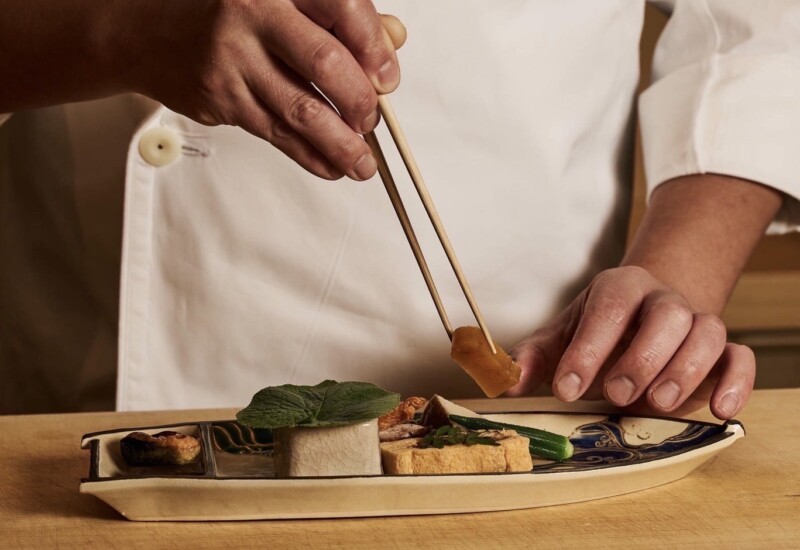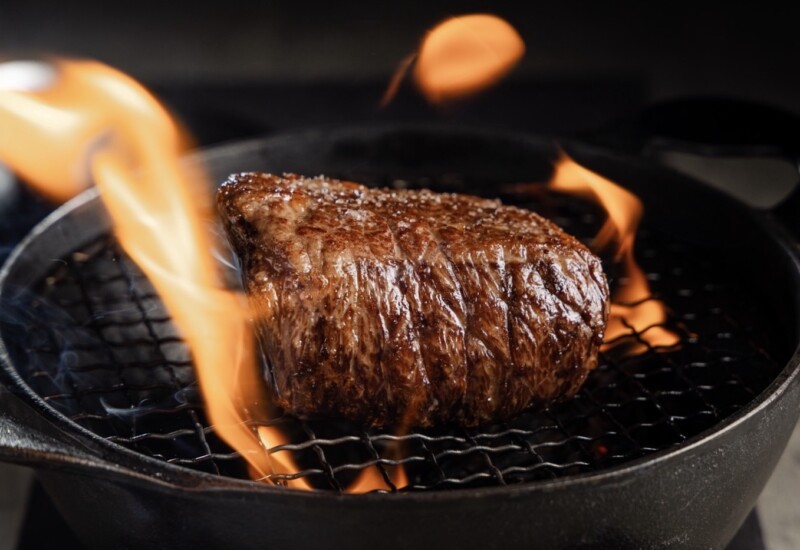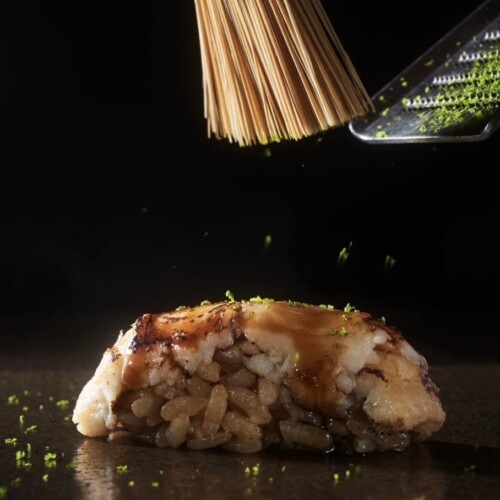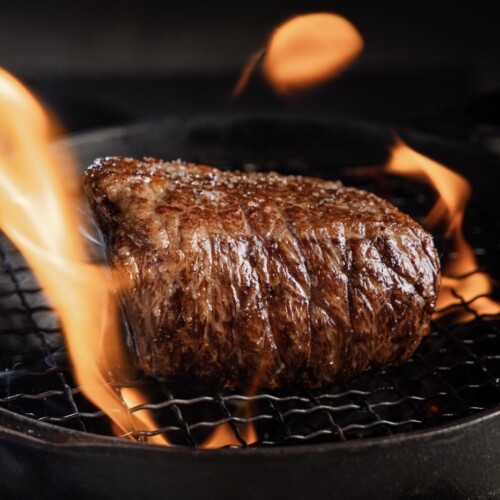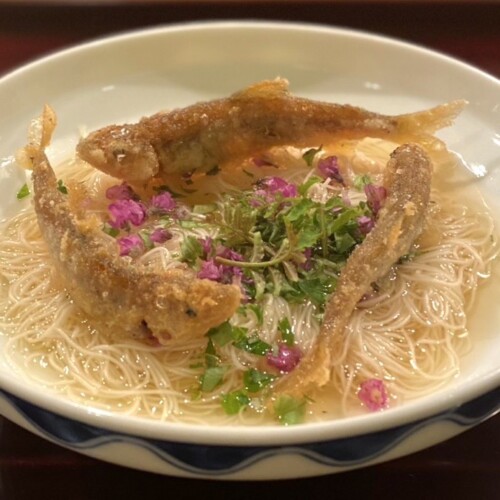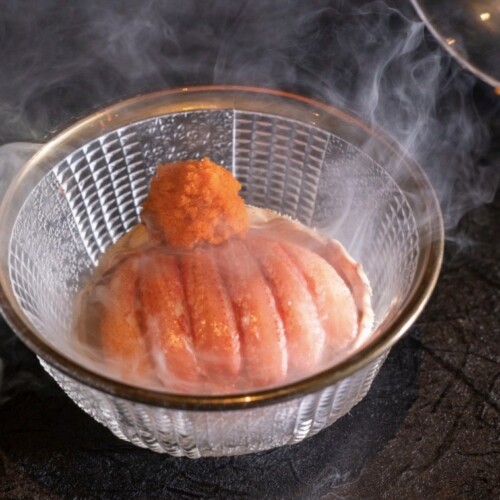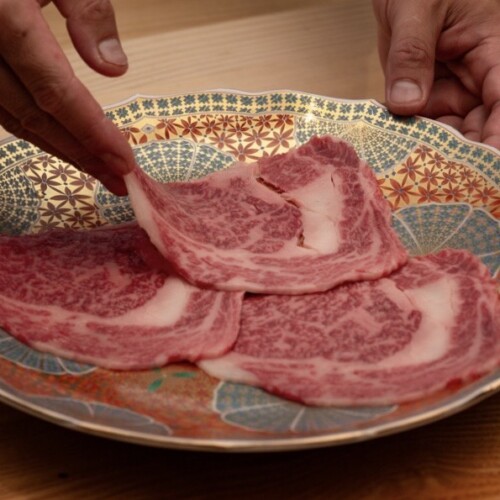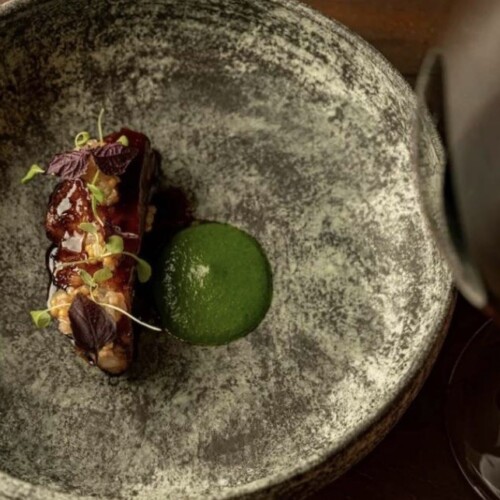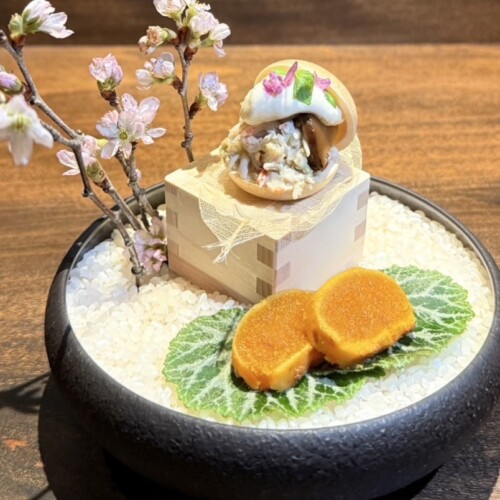MASA’S KITSHEN 恵比寿 / MASA’S KITSHEN EBISU
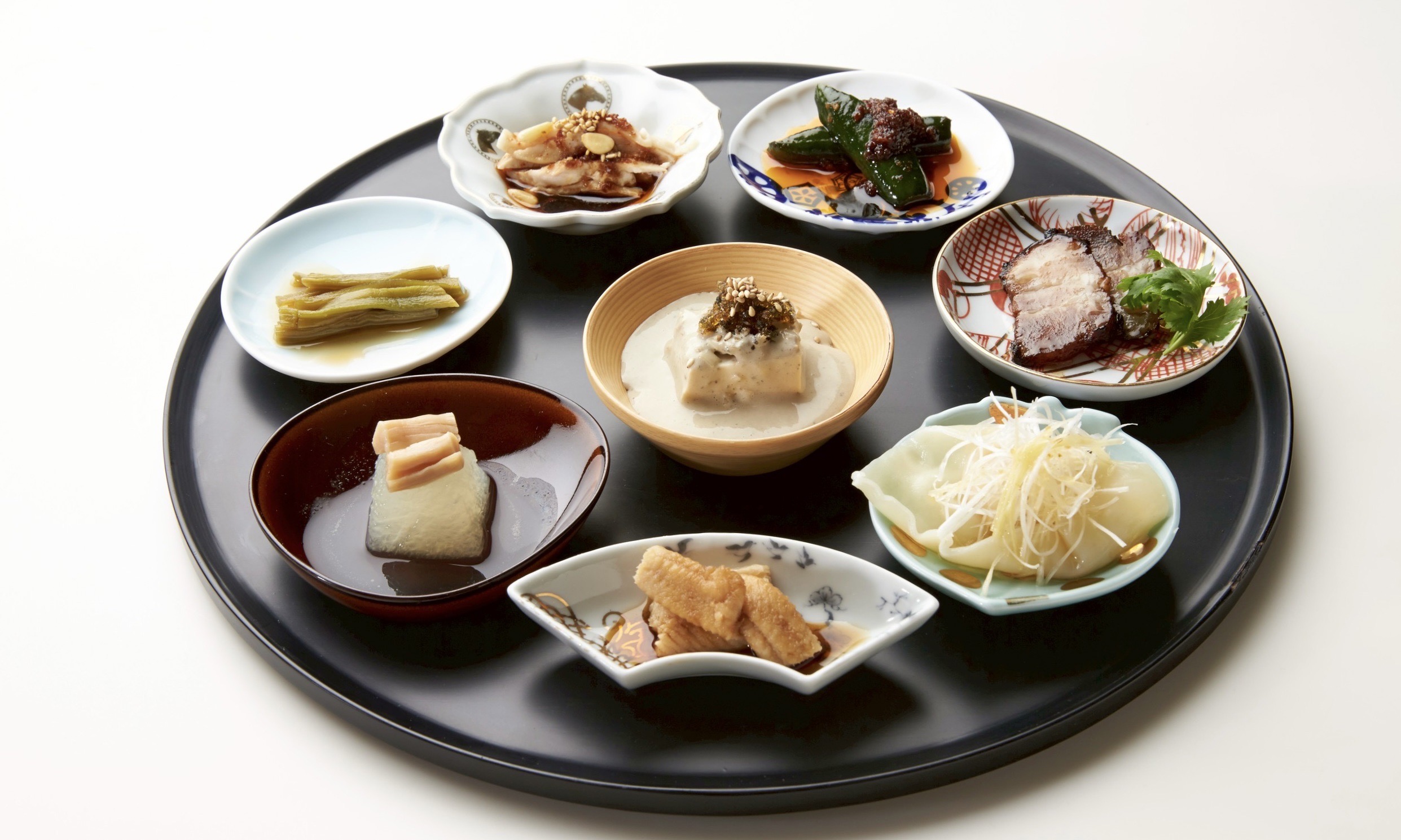
①Please introduce your restaurant.
Our restaurant is called Masazu Kitchen, located in Ebisu, Tokyo.
My name is Masahito Namazue.
We serve Chinese cuisine.
Rather than traditional large-group dining, we offer a modern “Nouvelle Chinoise” style—ideal for couples and various occasions.
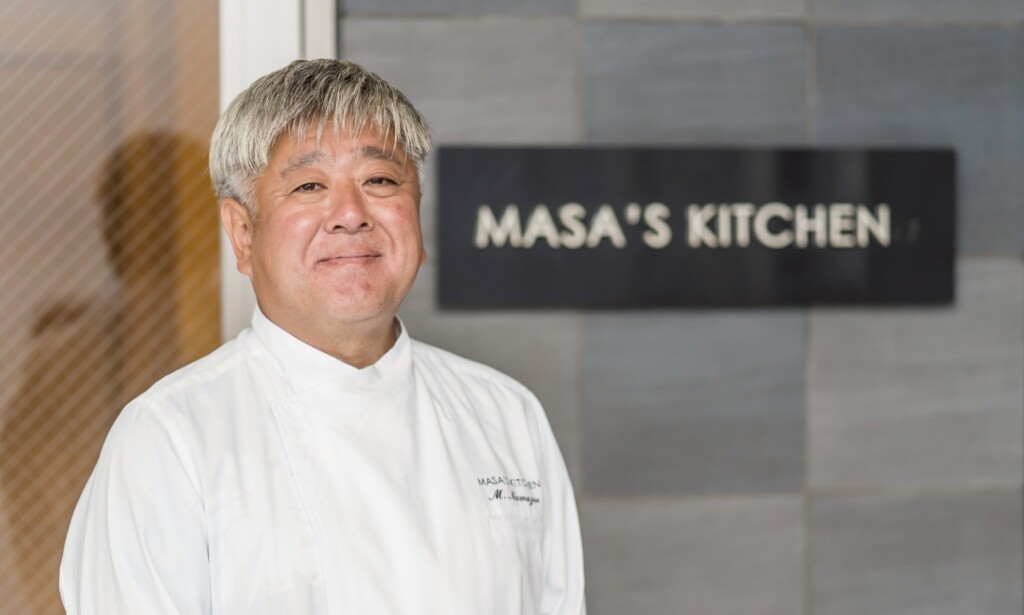
②What values or principles are most important to you as a restaurant?
While flavor is of course essential, we strive to provide attentive service that meets the diverse needs of all our guests.
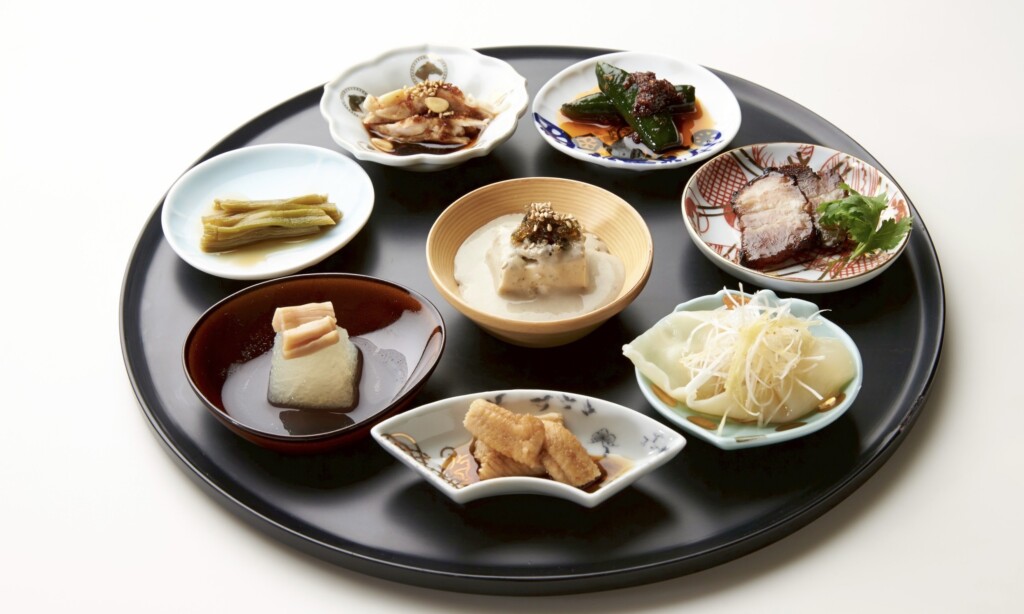
③ How do you select your ingredients, and what do you prioritize when sourcing them?
Japan has four distinct seasons, and we incorporate a wide range of seasonal ingredients throughout the year.
For example, our rice is sourced directly from Shonai in Yamagata Prefecture.
In spring, we use freshly picked mountain vegetables from Yamagata.
In summer, we serve sweetfish from the Tenryu River in Nagano.
We carefully select ingredients from across Japan according to the season.
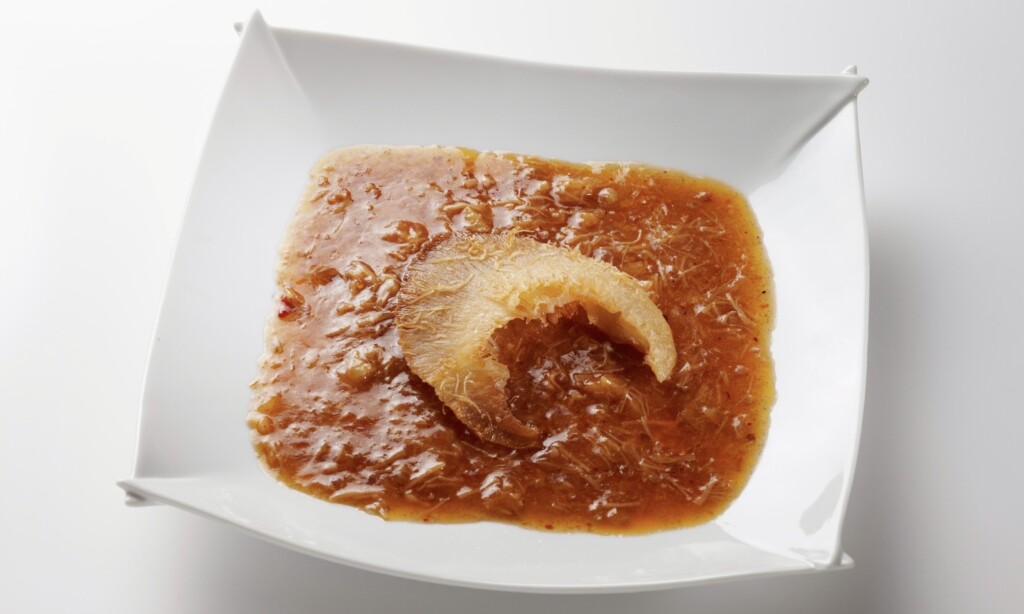
④ What makes your restaurant unique compared to others?
When we opened in 2008, open-kitchen Chinese restaurants were still quite rare.
Our open kitchen allows guests to watch as dishes are prepared and interact with us while dining—that’s one of our signature features.
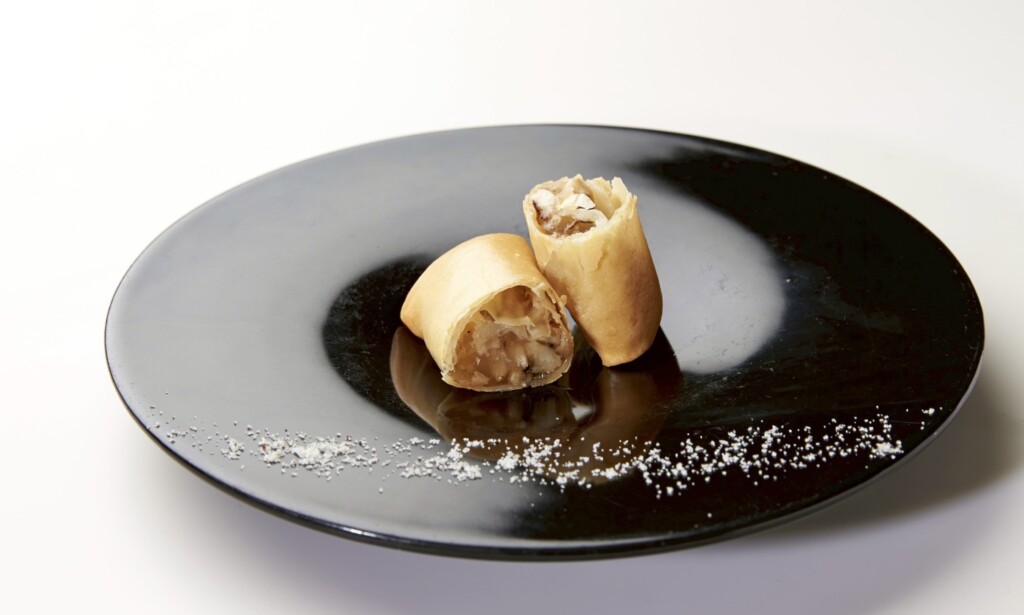
⑤Do you have any particular approach or philosophy when it comes to plating and presentation?
Chinese food is often associated with large platters on round tables, meant to be shared.
At our restaurant, we serve individually plated portions, tailored for each guest.
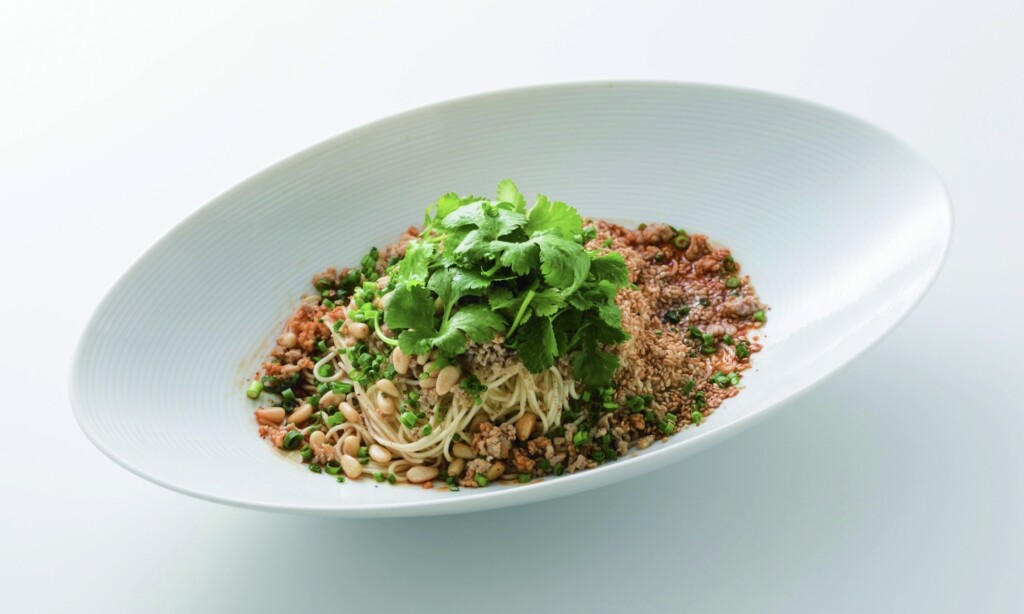
⑥ How do you curate your selection of alcoholic beverages?
We offer a broad selection of Shaoxing wines, including aged varieties of 10, 20, and 30 years.
Our dishes also pair surprisingly well with wine, so we’ve curated an extensive wine list.
One of our offerings is a Chilean Chardonnay made using sake yeast.
It pairs wonderfully with Chinese cuisine and is a favorite among our guests.
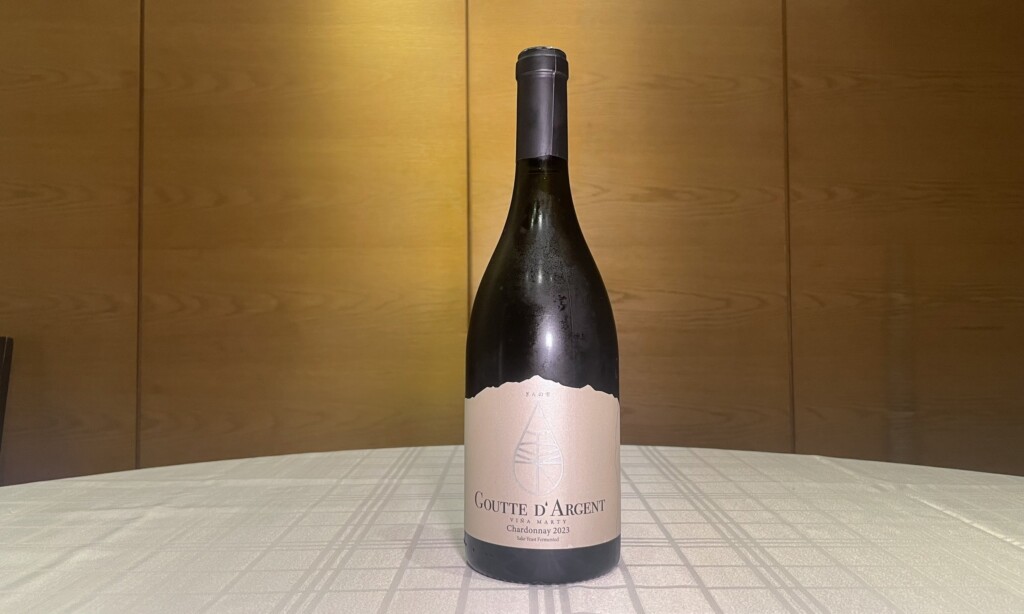
This is “Kazumi,” a Japanese Koshu wine.
It’s made in Japan using grape varieties originally from Napa Valley.
This wine is highly versatile, and since our cuisine pairs well with white wine, it complements our menu beautifully.
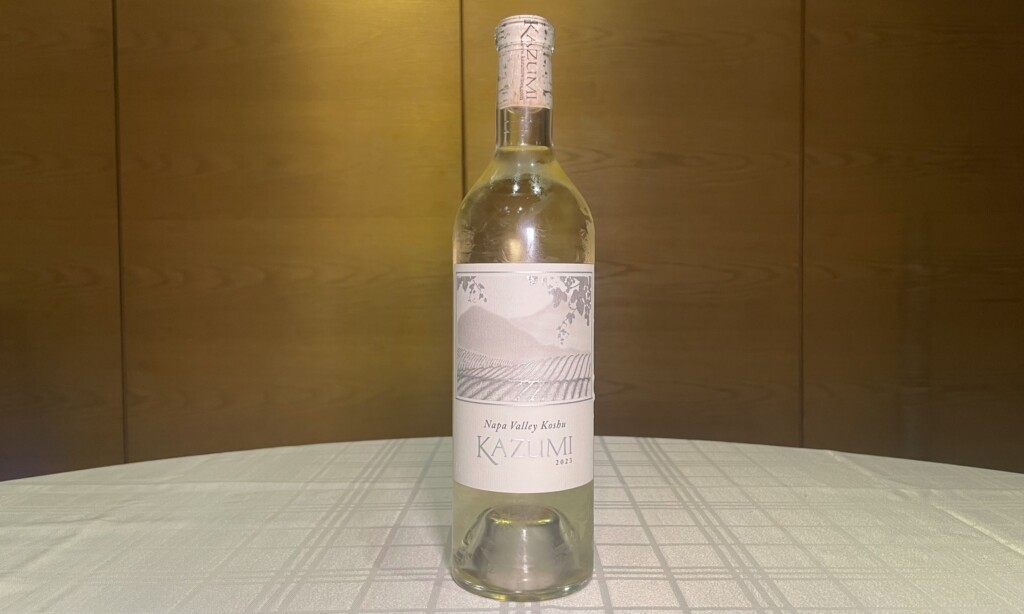
This is “Noria,” a wine from Napa, California, created by a Japanese winemaker named Mr. Nakamura.
It’s exceptionally good and consistently receives high praise from our guests.
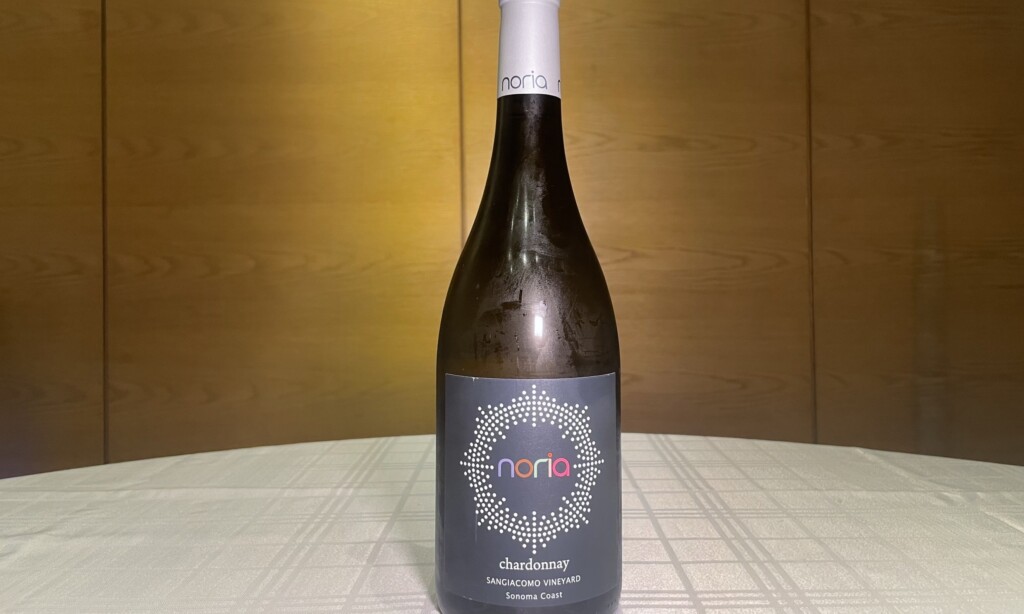
⑦ Can you tell us about your attention to interior design, tableware, and the overall dining atmosphere?
We have a counter, two private rooms, and table seating available.
Our space is designed for a variety of occasions—from business dinners and dates to casual meals.
I personally love white tableware, so that’s what we use throughout the restaurant.
Our appetizers are presented in a Japanese-inspired style, with multiple small items artfully arranged on the plate.
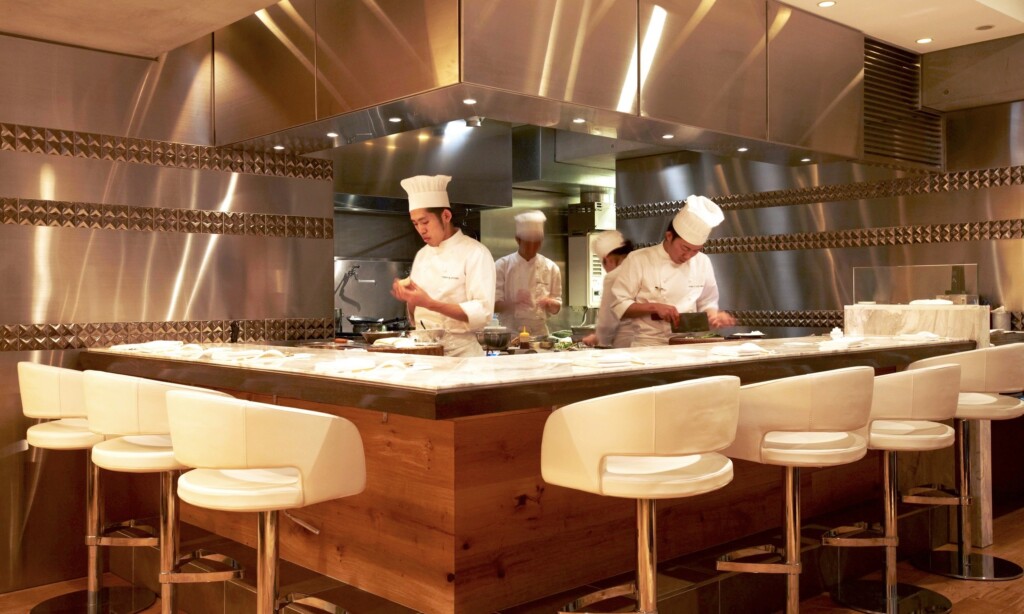
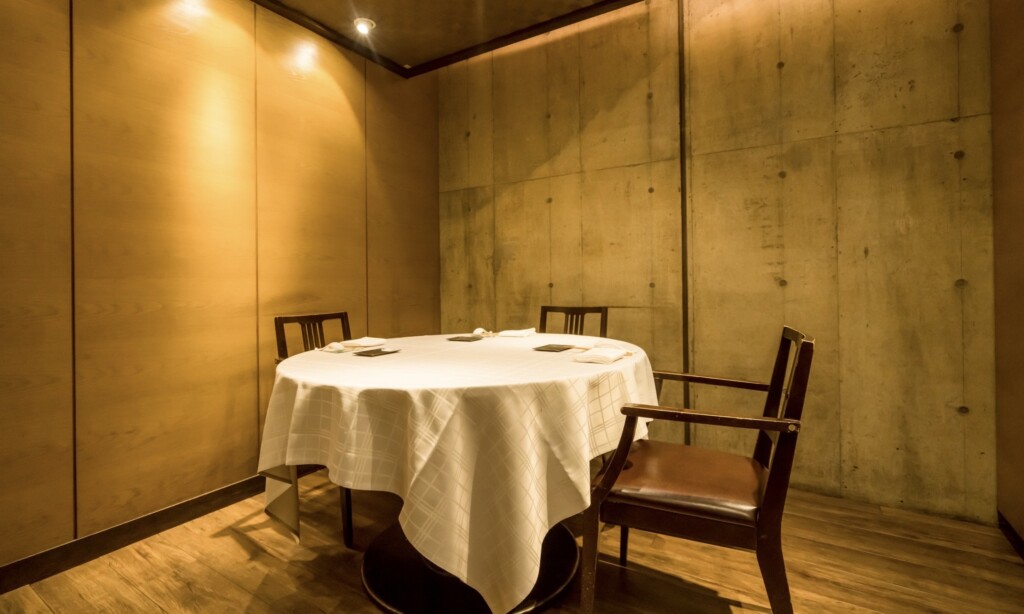
⑧ What inspired you to become a chef?
I happened to work part-time at a Chinese restaurant during my student years.
I always thought I had just fallen into the culinary path, but recently I looked through my old elementary school album and saw I had written “I want to be a chef” as my dream job.
Maybe I’ve had this dream all along without realizing it.
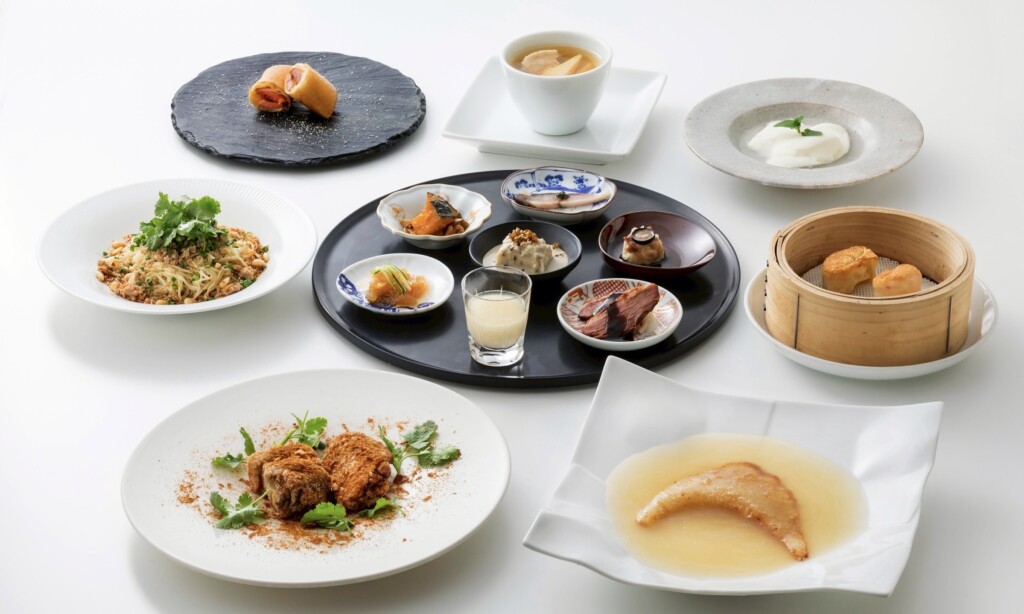
⑨ What kind of guests would you like to welcome?
Being in stylish Ebisu, Tokyo, we see a diverse range of guests, but I especially hope fashionable couples and sophisticated diners will visit.
I’d love for people to discover that Chinese cuisine in Japan can be this refined and expressive.
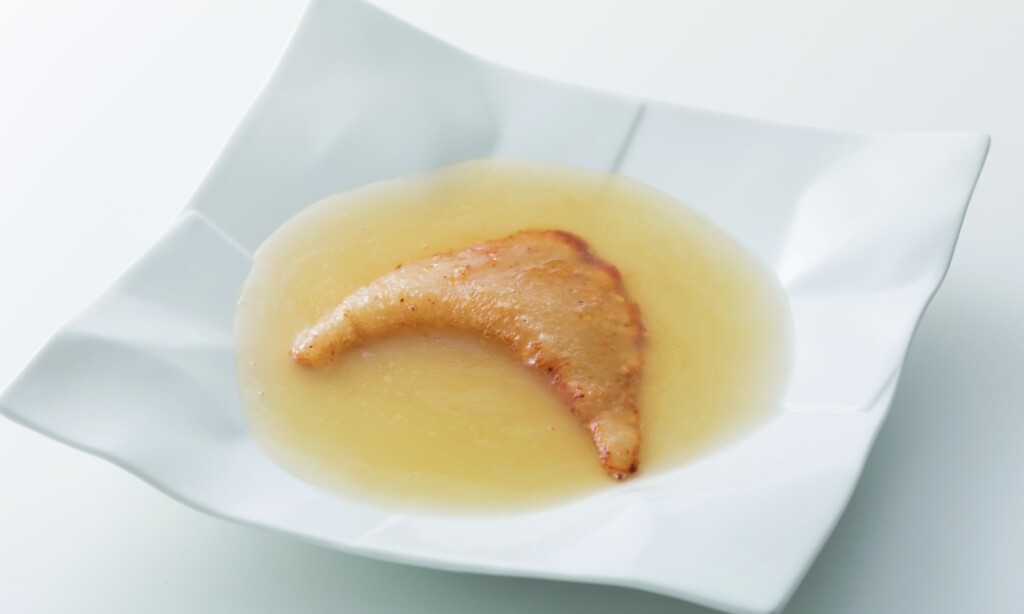
⑩ Are there any rules or things that are not allowed in your restaurant?
Children are absolutely welcome, and there’s no strict dress code.
Personally, I don’t enjoy being bound by too many rules when dining out, so we’ve created a relaxed, welcoming atmosphere.
⑪Do you have a message you'd like to share with your guests?
I invite everyone to experience our uniquely Japanese approach to Chinese cuisine—refined, delicate, and thoughtfully prepared.


